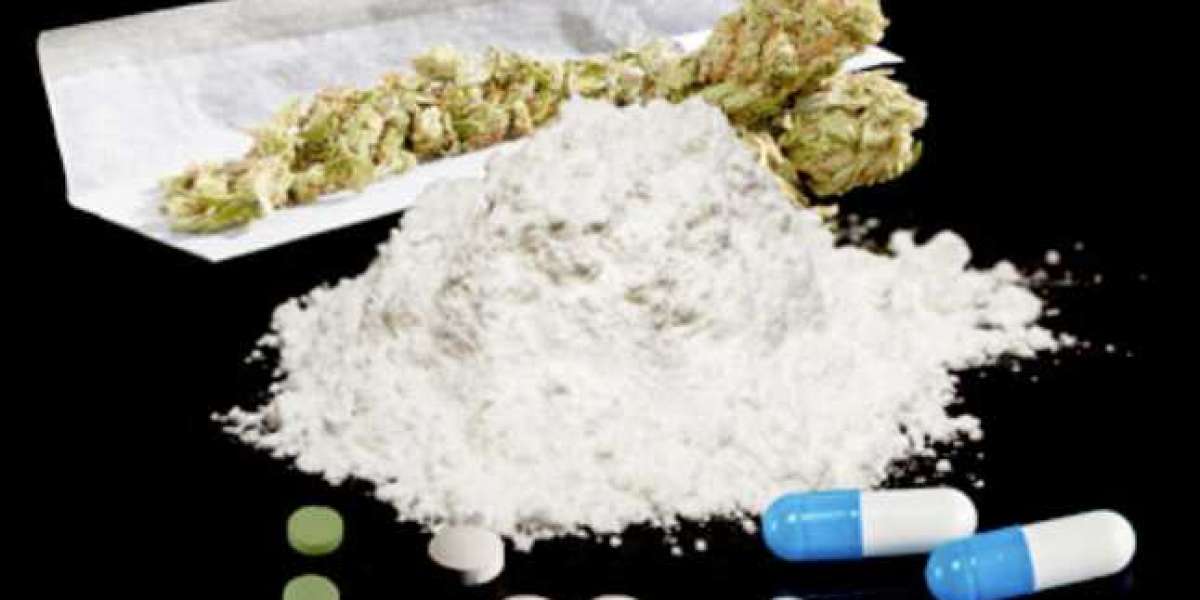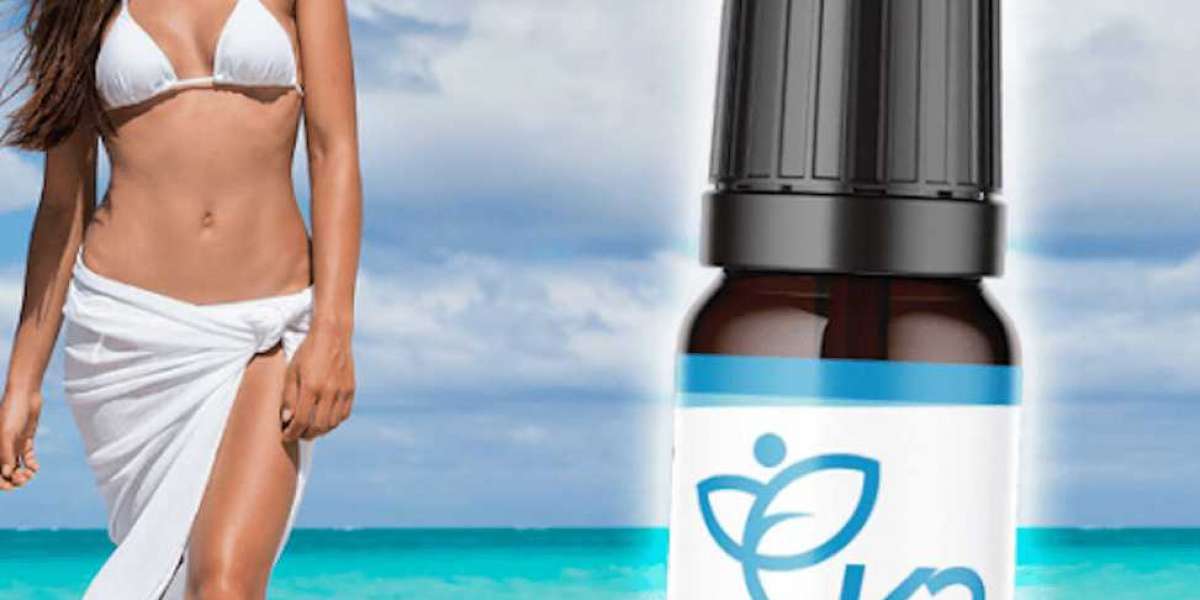Whether you are trying to get off of a substance or are an addict in need of Rehab, there are many options available. Medication-assisted treatment, Outpatient and inpatient programs, Transitional housing, and Group therapy are just a few.
Outpatient vs inpatient treatment
Whether you are considering inpatient or outpatient drug rehab treatment, you should be aware of the differences between these two methods. This will help you decide which one is best for you.
The main difference between inpatient and outpatient treatment is the level of intensity. Inpatient programs usually offer a higher level of care, including 24-hour medical and mental support. They also tend to be more expensive. On the other hand, outpatient treatments are more budget-friendly and allow you to continue living at home. The success rates for outpatient and inpatient programs are comparable.
Having a strong support network is important during recovery. If you don't have a family or other support system in place, you may want to consider inpatient treatment.
Outpatient treatment offers many benefits, including flexible schedules and the ability to live at home. Inpatient treatment, however, can interfere with childcare or other responsibilities. This is especially true if you have a job.
Outpatient treatment is often the most affordable option, as it allows you to save money on health insurance. You can choose from several treatment options, including group sessions and individual counseling. The types of therapies used in outpatient treatment can range from cognitive-behavioral therapy to motivational interviewing.
Medication-assisted treatment
MAT is the gold standard of addiction treatment, and if you have a substance use disorder it can make a big difference in your recovery. It uses a combination of counseling, medication management and social support services to address the underlying causes of the problem. It helps reduce withdrawal symptoms, decrease cravings and help patients achieve and maintain abstinence.
Using FDA-approved medications in a combination with behavioral therapies can help reduce withdrawal symptoms, reduce cravings, and prevent relapse. These medications also normalize the functioning of the brain and body. This "whole-patient" approach is best when combined with clinical therapy.
MAT can be incorporated into an inpatient or outpatient treatment program. It is considered the most effective method for treating opioid dependence. It has been shown to reduce overdose deaths by 40 percent. This is largely due to the fact that MAT reduces the risk of relapse.
It is important to note that the MAT approach is not an alternative to primary psychological treatment. While the medications can be used for both addiction and mental illness, they are not intended to replace the primary treatment.
Group therapy
Taking part in group therapy in drug rehab can be a great way to improve your life. It can also provide valuable information about the effects of addiction and how to avoid triggers. It can also provide you with the tools to stay sober.
While you are in a group, you'll have the chance to learn about other members' successes and challenges. You may even be able to pick up some useful social skills from your coach.
The main purpose of this type of therapy is to help you develop the skills you need to succeed. During the recovery process, you'll need to make changes in your lifestyle. These changes are not as simple as they sound. You need to work hard and get past old habits. You'll also have to overcome your fears about sharing your thoughts and feelings with others.
If you are concerned about the opinions of other group members, you'll probably be more comfortable discussing your addiction with a single therapist. However, group therapy can be a good way to connect with other addicts and to help you learn about other members' recovery stories.
Transitional housing
During the early stages of sober living, having a reliable source of social support can make all the difference. Finding affordable housing that provides a safe environment and is well-maintained is a big priority. This is especially important if you are dealing with a mental health condition.
There are several transitional housing programs that are designed to help people move on from addiction to sobriety. Some are licensed by local agencies, but others are not.
In addition to being alcohol and drug free, residents are required to attend 12-step meetings and meet specific house rules. They may also be subject to random drug and alcohol screenings.
If you are looking for a transitional housing program, contact your local rehab center for referrals. You can also look for programs on county websites. Often, these homes are part of a coalition, which ensures that programs are regulated and adhere to the 12-step model.
The National Institute on Drug Abuse recommends that a person spend at least 90 days in a sober living facility. However, length of stay varies depending on the individual's circumstances.








